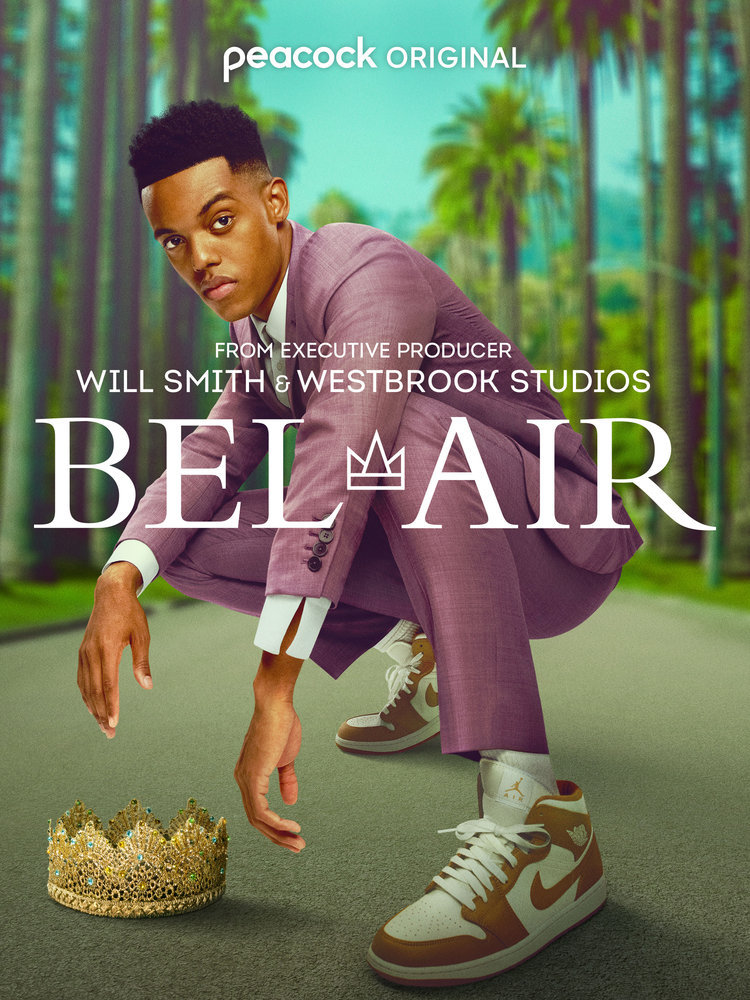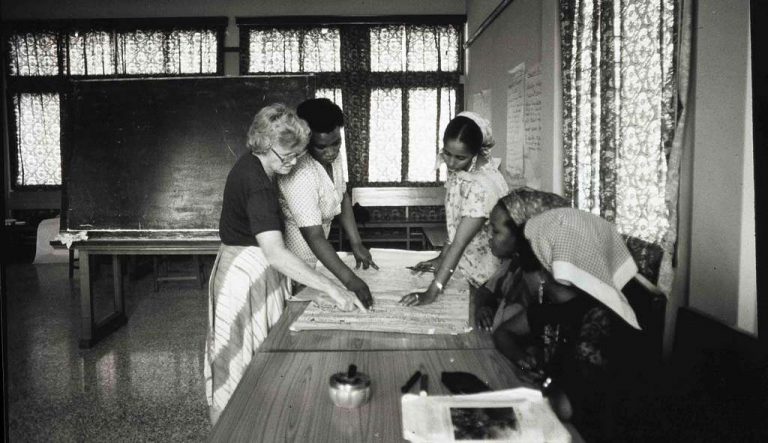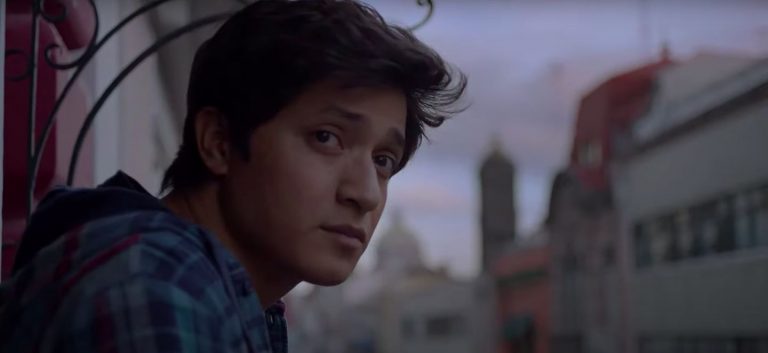Is There Racism in Film Festivals?
After almost two years of a global pandemic, attendance at film festivals is beginning to go up away. One of the essential parts of the film industry, film festivals are known for discovering talents worldwide and promoting filmmakers that are already known. However, that is a perverse side: who is being promoted and left standing at the door.
Film festivals happen almost every month of the year. There are a few that are famous: such as the Berlin Film Festival, Venice Film Festival, Cannes Film Festival, Toronto Film Festival, etc. These events are essential for various reasons, and one of them is to give new talents the distribution means and networking possibilities with more known people. There was, nonetheless, a tendency for a type of person to be invited to these events: white and male.
Trying To Improve Racism in Film Festivals
Because of an apparent disparity, and after the Harvey Weinstein sexual abuse scandal, Le Deuxième Regard, a french group of filmmakers that battle to stop stereotypes from perpetuating in films and against the disparity between men and women in the industry, started a pledge called 5050×2020. The pledge has the goal to have better gender representation in film festivals. By the festivals taking the pledge, they have to:
- Have statistical data of gender and race of all the directors contemplated in the festival, as well as, when appliable, the same statistics for the cast and crew mentioned in the registration of the film.
- Make public the gender and race of all members of selected committees, programmers, and programmers consultants.
- Make public the gender and race of directors/director boards members while also committing to a schedule to change the disparity.
Many famous festivals, such as the ones mentioned in the second paragraph, and many others, have committed to the pledge. Nevertheless, the percentage of black filmmakers in the major film festivals this year is 1%.
How Can This Be Possible?
One of the main reasons is that most jury committees that select the films are still majorly white. Venice Film Festival, for example, in 2020, had not had one black jury member since 2004 when Spike Lee was a part of the festival. It has been scientifically proven that human beings tend to hire people that look like them. An article on Forbes, behavior master and master executive coach, explains why.
“Unconscious bias toward people who are of the same race, education level, economic status and have the same personality, fears or values influences who you hire much more than you think.”
What Is Being Asked?
So when we ask the question about diversity and inclusion, it does not merely regard the on-screen talent and crew, but the people behind the festival itself. Human beings need to relate to people, and once they do, the tendency to hold onto these aspects is powerful.
As a response to the years of lack of diversity in film festivals, minorities started their festivals to give voice to people who wouldn’t have it in the more traditional events. Even though this is a valid solution, it is a short-term one. Because this only increases the visibility of the filmmakers in a particular environment that is not the leading network one.
The only way to have diverse festivals and equal opportunities is for the audience and people to start pressure festivals to change the status quo. Race-related film festivals are an excellent opportunity for marginalized filmmakers to showcase their work but are not a permanent solution. They shouldn’t have to create a festival because of a racial bias that won’t allow them into the major film festivals worldwide.



